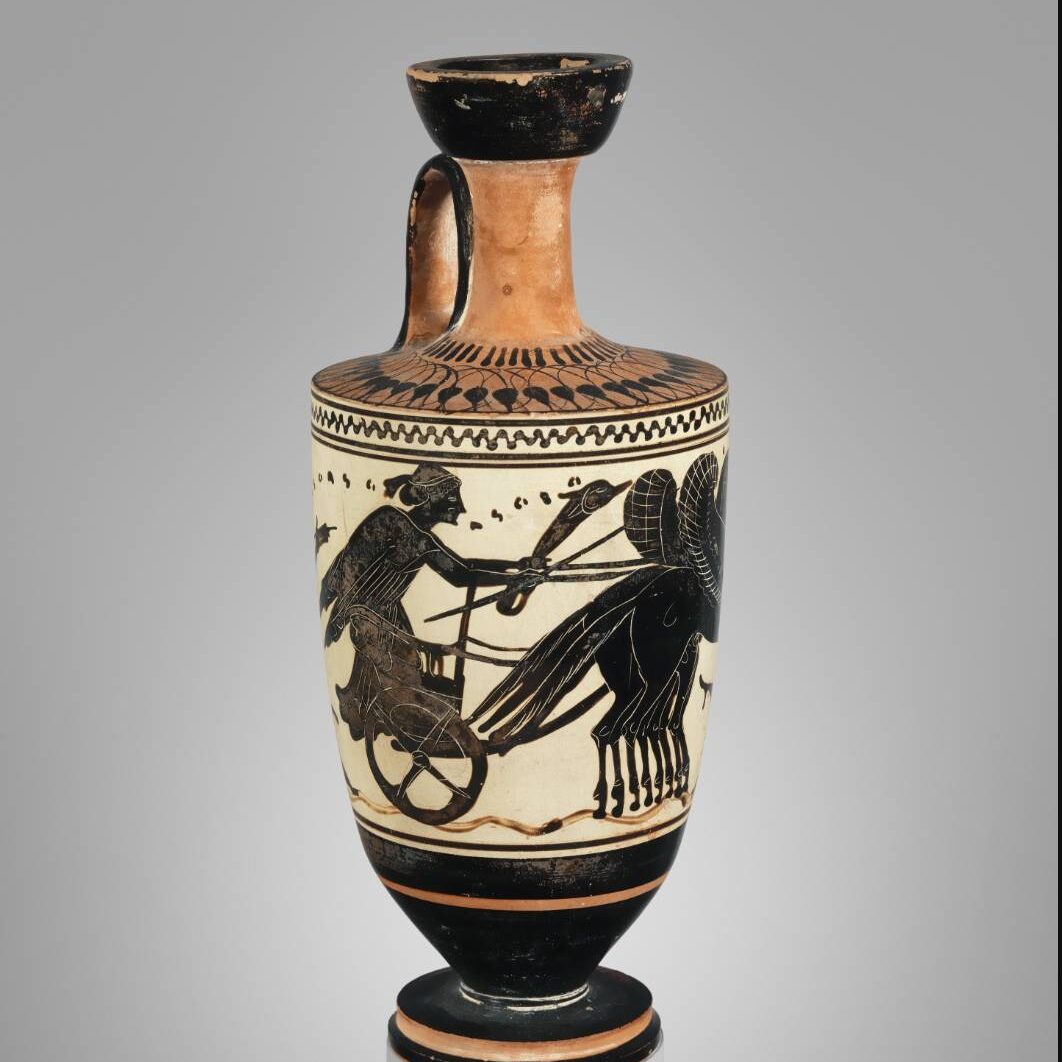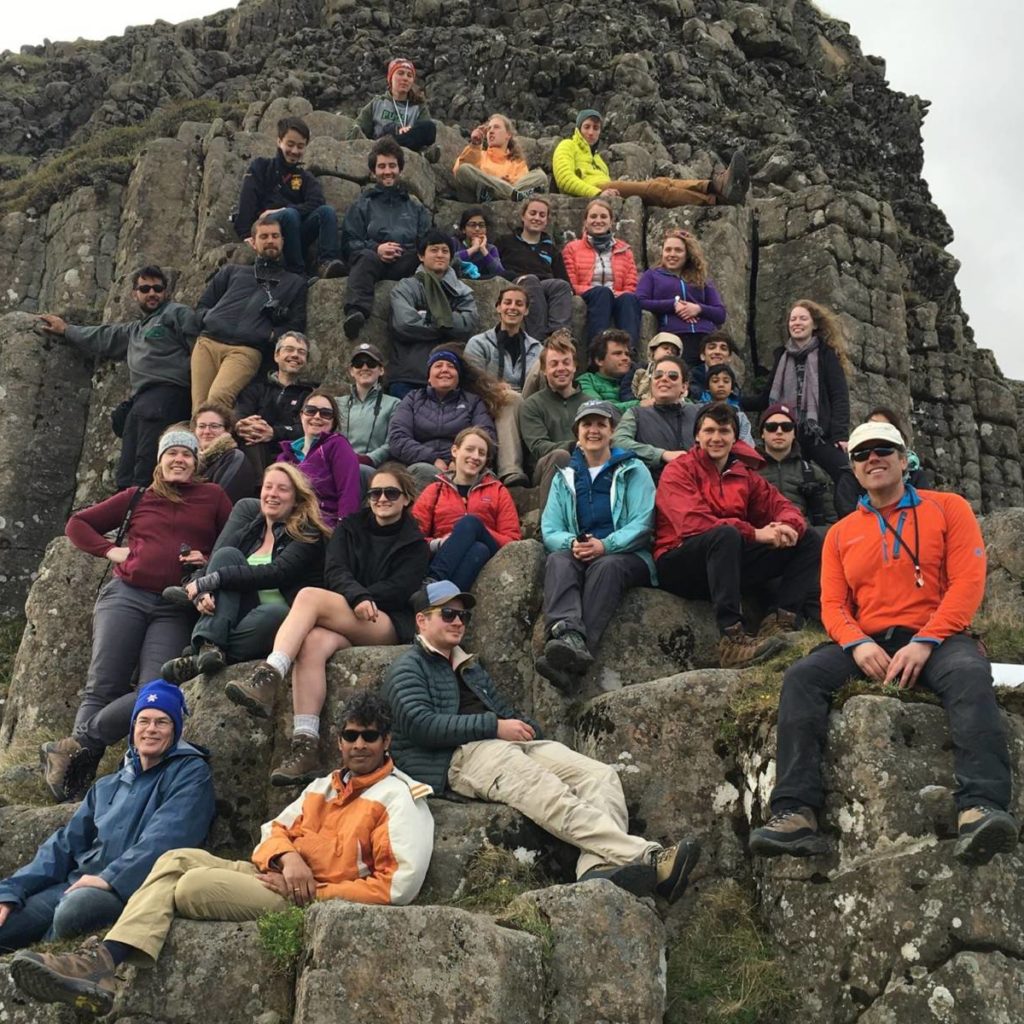
When asked about what courses I’m taking and I share the list, I’m often greeted with blank stares or curious expressions. The response I elicit is, “Why are you making life so hard on yourself?” And no, it’s not because I’m loading up on a truckload of courses like physics, math, chemistry, and computer science.
As a classics major-turned-premed, my schedule has me jumping from subject to subject across disciplines. My days consist of learning about synthesis reactions in organic chemistry in a massive lecture hall, and puzzling over Plato in ancient Greek with a circle of 7 classmates. My head spinning with Greek letters and grammatical constructions, I head for immunology, and then back again to read Latin literature. As STEM and humanities classes are often located on opposite sides of campus, I find myself trekking up and down Washington Road multiple times a day. Aside from getting my daily steps in, what exactly do I get for doing this?



